Barnstable Clean Water Coalition has been working to improve local water quality. But why are such efforts necessary?
For both fresh and saltwater, the main problem is excess nutrients, more specifically nitrogen and phosphorus. Their existence is not a problem. In fact, nitrogen and phosphorus are keys to a healthy aquatic ecosystem. Issues arise, however, when excessive amounts of these nutrients cause algae to grow in abundance. Nitrogen and phosphorus are two key ingredients in fertilizer used to help your grass grow thick and lush. In aquatic ecosystems, it has the same impact on algae.
How are nutrients getting into these ecosystems? It starts underground, at Cape Cod’s sole source aquifer. Any water that falls eventually gets to one of three places – our drinking water, our ponds, or our estuaries. As it travels, most often underground, it brings contaminants and excess nutrients along for the ride.
Most homes on Cape Cod process their wastewater via septic systems (as opposed to municipal sewage treatment). Traditional Title 5 septic systems are extremely effective at removing pathogens like E. coli. Unfortunately, these systems were never designed to remove nutrients. Water from our septic systems, laden with nitrogen and phosphorus, leaves the system and enters groundwater with every flush. Then it is only a matter of time before it reaches our drinking water, ponds, or estuaries. When it reaches our ponds and estuaries, it acts as a fertilizer and causes excessive growths of algae called algal blooms. While these blooms may not seem like such a big problem, the truth is that they have wide ranging human and ecological impacts. To learn more about those impacts, be sure to read our next post!



